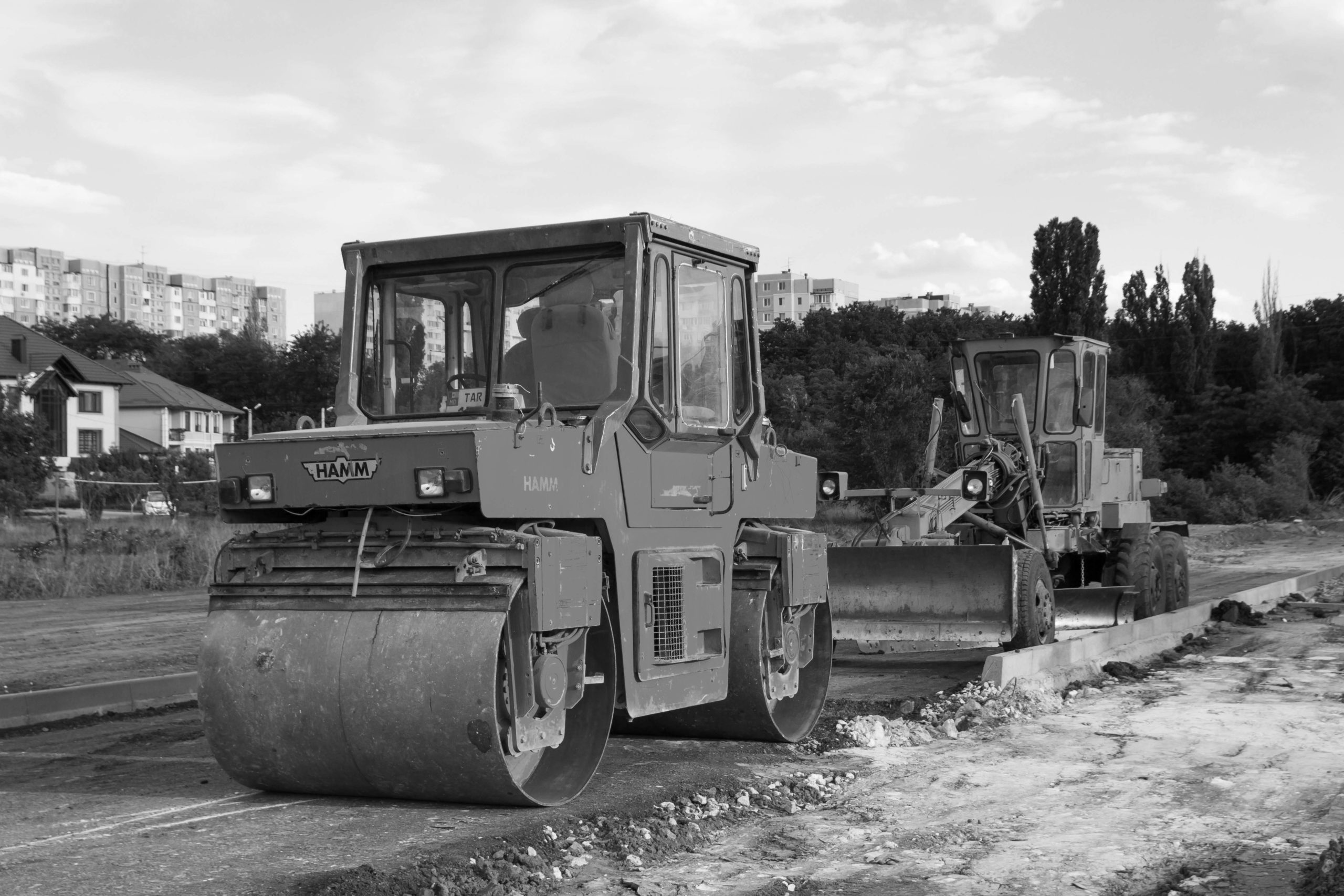New Jersey Follows New York’s Lead in Limiting Construction to “Essential” Projects
Earlier this week, on Monday, we had reported that New Jersey was allowing, subject to proper distancing and safety measures, all construction projects within the State to proceed “as usual,” but that we believed New Jersey might ultimately follow New York’s lead after New York recently limited what it considered to be “essential” construction services in light of the continued spread of the coronavirus. Yesterday, New Jersey did just that.
On Thursday, April 8, 2020, Governor Murphy announced he will no longer allow all construction projects to remain active. The Governor’s Executive Order 122 mandates that, among other things, all “non-essential” construction projects cease no later than 8:00 PM on Friday, April 10. The Executive Order identifies 12 categories of projects which qualify as “essential” and are exempt from the shut-down order:
- Projects necessary for the delivery of health care services, including but not limited to hospitals, other health care facilities, and pharmaceutical manufacturing facilities;
- Transportation and infrastructure projects;
- Utility projects, including decommissioning;
- Residential projects that are exclusively designated as affordable housing;
- Projects for pre-K through 12th grade schools and higher education facilities;
- Existing projects for single-family homes or individual, occupied apartment units where the construction crew numbers no more than 5;
- Existing residential projects where the tenant-to-be or buyer has an agreement to occupy by a date certain and construction now is necessary to make sure that residential unit is available for move-in;
- Projects for facilities where the manufacture, distribution, storage, and/or servicing of goods sold by online or essential retail businesses as have been defined by executive order;
- Projects relating to data centers;
- Projects necessary for the delivery of essential social services, such as homeless shelters;
- Projects necessary to support law enforcement and/or first responders in responding to the COVID-19 outbreak; and
- Projects that are ordered or contracted for by Federal, State, county, or municipal government, or that must be completed under a deadline established by the Federal government.
In addition to these types of projects, work on non-exempt projects that is “required to physically secure the site of the project, ensure the structural integrity of any buildings on the site, abate any hazards that would exist on the site if the construction were to remain in its current condition, remediate a site, or otherwise ensure that the site and any buildings therein are appropriately protected and safe during the suspension of the project;” can continue to the extent such work is necessary. Emergency repair work necessary for the health and safety of residents is also permitted.
Overall, the restrictions under Executive Order 122 are similar to those imposed by Governor Cuomo in New York with some key differences. The affordable housing exemption applies only to projects which are exclusively affordable rather than containing some minimum percentage of affordable units. There is no solitary-worker exception. Conversely, the language of the Executive Order is broad, so while the categories are limited, the scope of each “essential” category should be read to cover as many projects as reasonable.
The State also provides short-hand guidelines here.
As the law continues to evolve on these matters, please note that this article is current as of date and time of publication and may not reflect subsequent developments. The content and interpretation of the issues addressed herein is subject to change. Cole Schotz P.C. disclaims any and all liability with respect to actions taken or not taken based on any or all of the contents of this publication to the fullest extent permitted by law. This is for general informational purposes and does not constitute legal advice or create an attorney-client relationship. Do not act or refrain from acting upon the information contained in this publication without obtaining legal, financial and tax advice. For further information, please do not hesitate to reach out to your firm contact or to any of the attorneys listed in this publication.
No aspect of this advertisement has been approved by the highest court in any state.
Results may vary depending on your particular facts and legal circumstances.
As the law continues to evolve on these matters, please note that this article is current as of date and time of publication and may not reflect subsequent developments. The content and interpretation of the issues addressed herein is subject to change. Cole Schotz P.C. disclaims any and all liability with respect to actions taken or not taken based on any or all of the contents of this publication to the fullest extent permitted by law. This is for general informational purposes and does not constitute legal advice or create an attorney-client relationship. Do not act or refrain from acting upon the information contained in this publication without obtaining legal, financial and tax advice. For further information, please do not hesitate to reach out to your firm contact or to any of the attorneys listed in this publication.
Join Our Mailing List
Stay up to date with the latest insights, events, and more






